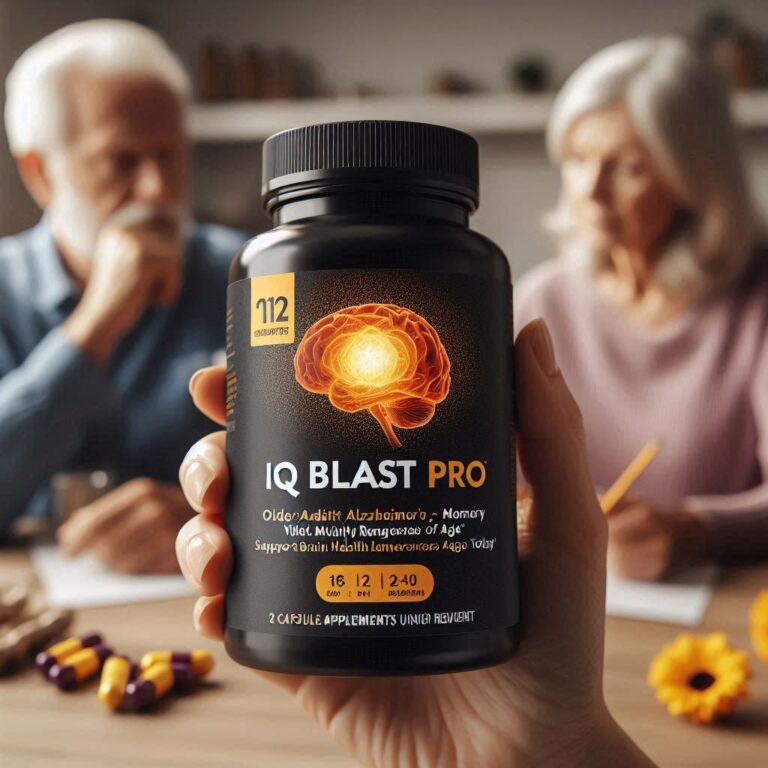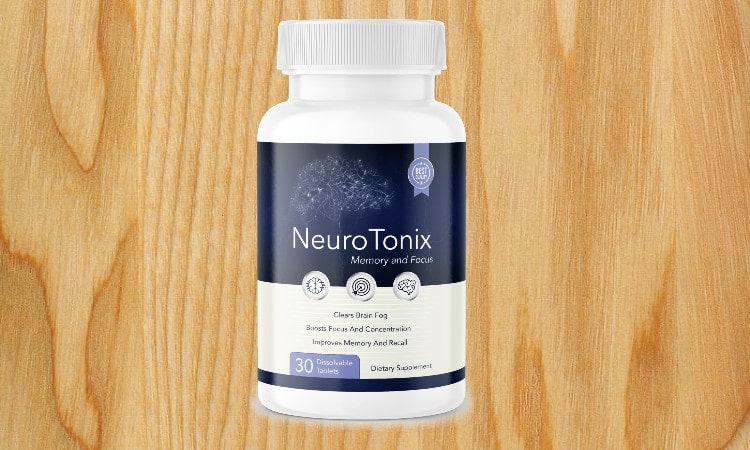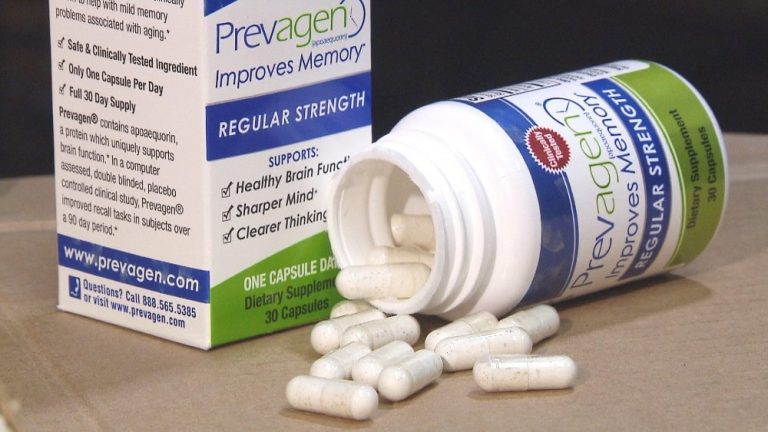The Best Fluffy Pancakes recipe you will fall in love with. Full of tips and tricks to help you make the best pancakes.

Ginkgo Biloba Benefits, Uses, Dosage, Side Effects

Ginkgo (Ginkgo biloba) is one of the oldest living tree species. It is also one of the best-selling herbal supplements in the United States and Europe. For thousands of years, leaves from the Ginkgo biloba tree have been a common treatment in Chinese medicine. In the U.S., many take ginkgo supplements in the belief that they will improve memory and sharpen thinking.
Why do people take ginkgo?
Ginkgo improves blood flow to the brain and acts as an antioxidant. These effects may translate into some benefits for certain medical problems, but the results have been mixed.
Some studies have found that in healthy people, ginkgo might modestly boost memory and cognitive speed. Other studies have not found a benefit.
Several ginkgo studies have shown that it can help with memory problems caused by dementia or Alzheimer’s disease. It seems to help prevent the progression of dementia symptoms, especially if the dementia is thought to be the result of atherosclerotic vascular disease. It does not seem to prevent dementia or Alzheimer’s, however.
There’s good evidence that ginkgo might ease leg pain caused by clogged arteries. It might also help with some other circulation problems. In addition, ginkgo may relieve PMS symptoms, like breast tenderness and mood changes.
Researchers have studied ginkgo for many other conditions, including ADHD, depression and other psychological conditions, multiple sclerosis, and tinnitus from a vascular origin. Some people are also using ginkgo to prevent high altitude sickness, though studies have not yet established that it’s effective for that. Many uses of ginkgo show promise, but more research needs to be done.
 Circulation and memory loss due to brain conditions such as stroke, Alzheimer disease, and dementia. It may also have other uses. Check with your pharmacist for more details regarding the particular brand you use.
Circulation and memory loss due to brain conditions such as stroke, Alzheimer disease, and dementia. It may also have other uses. Check with your pharmacist for more details regarding the particular brand you use.
Ginkgo biloba is an herbal product. It works by increasing blood flow to the brain.
Do NOT use ginkgo biloba if:
you are allergic to any ingredient in ginkgo biloba
Contact your doctor or health care provider right away if any of these apply to you.
Chronic Pain Management: A Healthcare Professional’s Guide
Before using ginkgo biloba:
Some medical conditions may interact with ginkgo biloba. Tell your doctor or pharmacist if you have any medical conditions, especially if any of the following apply to you:
- if you are pregnant, planning to become pregnant, or breast-feeding
- if you are taking any prescription or nonprescription medicine, herbal preparation, or dietary supplement
- if you have allergies to medicines, foods, or other substances
- if you have a history of blood disorders or bleeding conditions
Some MEDICINES MAY INTERACT with ginkgo biloba. Tell your health care provider if you are taking any other medicines, especially any of the following:
Nonsteroidal anti-inflammatory drugs (NSAIDs; eg, aspirin, ibuprofen) or warfarin because the risk of serious bleeding may be increased
This may not be a complete list of all interactions that may occur. Ask your health care provider if ginkgo biloba may interact with other medicines that you take. Check with your health care provider before you start, stop, or change the dose of any medicine.
How to use ginkgo biloba:
Use ginkgo biloba as directed by your doctor. Check the label on the medicine for exact dosing instructions.
Dosing depends on the use and the source of the product.
Use as directed on the package, unless instructed otherwise by your doctor.
If you miss taking a dose of ginkgo biloba for 1 or more days, there is no cause for concern. If your doctor recommended that you take it, try to remember your dose every day.
Ask your health care provider any questions you may have about how to use ginkgo biloba.
How much ginkgo should you take?
There is no standard dose of ginkgo biloba supplements. However, in medical studies, almost all clinical trials have used a standardized extract of ginkgo, standardized to 24% flavone glycosides and 6% terpene lactones. A common dose in people with dementia is 40 milligrams of that extract three times daily. For improving cognitive function in healthy people, studies have used between 120 milligrams to 600 milligrams of the extract daily.
No matter why you’re using ginkgo, experts suggest starting at a low dose (120 miligrams daily) and increasing gradually. Get advice from your doctor.
Important safety information:
Ginkgo biloba may cause dizziness. Do not drive, operate machinery, or do anything else that could be dangerous until you know how you react to ginkgo biloba. Using ginkgo biloba alone, with certain other medicines, or with alcohol may lessen your ability to drive or to perform other potentially dangerous tasks.
If you are using this product for brain conditions, consult your doctor or pharmacist. A medical evaluation or prescription medicine may be needed to treat your condition.
Do not exceed the recommended dose or take this product for longer than 3 months without checking with your doctor.
Check with your doctor before you begin taking any new medicine, either prescription or over-the-counter, including any medicine that contains aspirin or other NSAIDs (eg, ibuprofen).
This product has not been approved by the Food and Drug Administration (FDA) as safe and effective for any medical condition. The long-term safety of herbal products is not known. Before using any alternative medicine, talk with your doctor or pharmacist.
This product is not recommended for use in CHILDREN.
PREGNANCY and BREAST-FEEDING: Use of ginkgo biloba is not recommended if you are pregnant or breast-feeding. If you plan on becoming pregnant, discuss with your doctor the risks of using this product during pregnancy.
Possible side effects of ginkgo biloba:
All medicines may cause side effects, but many people have no, or minor, side effects. Check with your doctor if any of these most COMMON side effects persist or become bothersome:
Diarrhea; dizziness; gas; headache; nausea; stomach upset.
Seek medical attention right away if any of these SEVERE side effects occur:
Severe allergic reactions (rash; hives; itching; difficulty breathing; tightness in the chest; swelling of the mouth, face, lips, or tongue); fainting; pounding in the chest; skin redness; trouble speaking; unusual bruising or bleeding; weakness.
This is not a complete list of all side effects that may occur. If you have questions about side effects, contact your health care provider. Call your doctor for medical advice about side effects. To report side effects to the appropriate agency, please read the Guide to Reporting Problems to FDA.
Proper storage of ginkgo biloba:
Store at room temperature away from heat, moisture, and light unless otherwise directed on the package label. Do not store in the bathroom. Most herbal products are not in childproof containers. Keep ginkgo biloba out of the reach of children and away from pets.
General information:
If you have any questions about ginkgo biloba, please talk with your doctor, pharmacist, or other health care provider.
Ginkgo biloba is to be used only by the patient for whom it is prescribed. Do not share it with other people.
If your symptoms do not improve or if they become worse, check with your doctor.
Check with your pharmacist about how to dispose of unused medicine.
This information should not be used to decide whether or not to take ginkgo biloba or any other medicine. Only your health care provider has the knowledge and training to decide which medicines are right for you. This information does not endorse any medicine as safe, effective, or approved for treating any patient or health condition. This is only a brief summary of general information about ginkgo biloba.
It does NOT include all information about the possible uses, directions, warnings, precautions, interactions, adverse effects, or risks that may apply to ginkgo biloba. This information is not specific medical advice and does not replace information you receive from your health care provider. You must talk with your healthcare provider for complete information about the risks and benefits of using ginkgo biloba.











